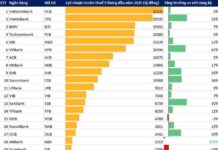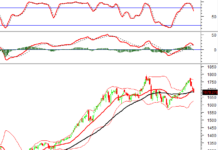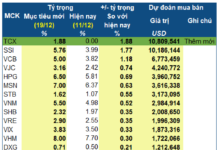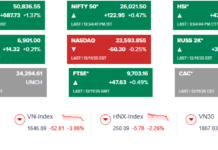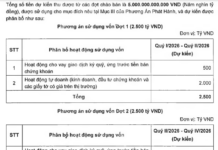Recently, Deloitte released the 2025 Global Automotive Consumer Study: Southeast Asia Perspectives. The study surveyed over 30,000 consumers across 30 countries from October to December 2024.
In Southeast Asia, Deloitte surveyed 6,029 individuals across six regions: Indonesia, Malaysia, the Philippines, Singapore, Thailand, and Vietnam, with nearly 1,000 respondents from Vietnam. The results show that 18% of Vietnamese consumers prefer battery electric vehicles (BEVs) as their next vehicle, a 2% increase from 2024.
With this rate, Vietnam now ranks second in Southeast Asia for electric vehicle preference, just behind Thailand.
Vietnamese Consumers No Longer Buy Cars Based on Brand Alone
The study reveals that 50% of respondents still prioritize internal combustion engine (ICE) vehicles. This high percentage reflects the reality that electric vehicles cannot fully replace traditional cars in the short term. The market is in a transitional phase, where both segments coexist.
Notably, the preference for hybrid vehicles has risen from 9% to 11%, indicating a logical “stepping stone” for those not yet ready to switch to fully electric vehicles. Key factors driving consumers to choose electric vehicles include lower fuel costs (71%), environmental concerns (62%), and personal health (62%).
However, 46% of respondents expressed concerns about driving range, 45% about charging time, and 43% admitted a lack of knowledge about electric vehicle technology. Notably, 25% of Vietnamese consumers expect a single charge to last at least 400 km, a high expectation given the current infrastructure.
Alongside technological shifts, consumer behavior is also evolving. While 42% stated their previous and current vehicles are from the same brand, 74% plan to switch brands for their next purchase.

This statistic aligns with regional trends, where 70% of consumers are open to new alternatives. Additionally, 37% of Vietnamese respondents are using their first car, highlighting the potential to build customer relationships and brand loyalty.
In Vietnam, the top three factors influencing consumer decisions are product quality (67%), convenience (52%), and performance (51%). These findings indicate that consumers now prioritize tangible values over brand names.
According to Seongjin LEE, Automotive Leader at Deloitte Southeast Asia, the automotive industry is a large-scale sector with a complex ecosystem and deep roots. Once a transformation occurs, its impact will be significant and long-lasting. Therefore, adaptation efforts must prioritize understanding consumer perspectives, needs, and readiness.
However, consumer behavior is rapidly changing as individuals begin to view cars not just as long-term investments but also as products that must meet immediate needs while adapting to evolving lifestyles.
“This signals a future where cars may transition into fast-moving consumer goods (FMCG), characterized by faster consumption and replacement cycles,” Seongjin LEE noted.
Open to Technology but Cautious About Autonomous Vehicles
The survey also noted a decline in car ownership attachment among young consumers aged 18 to 34. Instead of buying their own vehicles, many are prioritizing flexible mobility services (MaaS) such as ride-hailing, short-term rentals, or car-sharing.
Specifically, 67% of young people are willing to choose MaaS for daily commuting, reflecting shifts in consumer lifestyles. However, only 1% view MaaS as their sole transportation solution, the lowest in the region. This indicates that while flexible services are gaining popularity, personal vehicles remain essential for most Vietnamese.
This reality is evident in daily commuting habits. 57% of respondents frequently use personal vehicles, partly due to the lack of synchronization and accessibility in public transportation systems. This explains why MaaS, despite its potential, cannot fully replace private vehicles in the short term.
Alongside changes in mobility behavior, Southeast Asian consumers are embracing technologies that enhance vehicle convenience. For instance, 84% of Vietnamese respondents find artificial intelligence (AI) integration in vehicles useful.
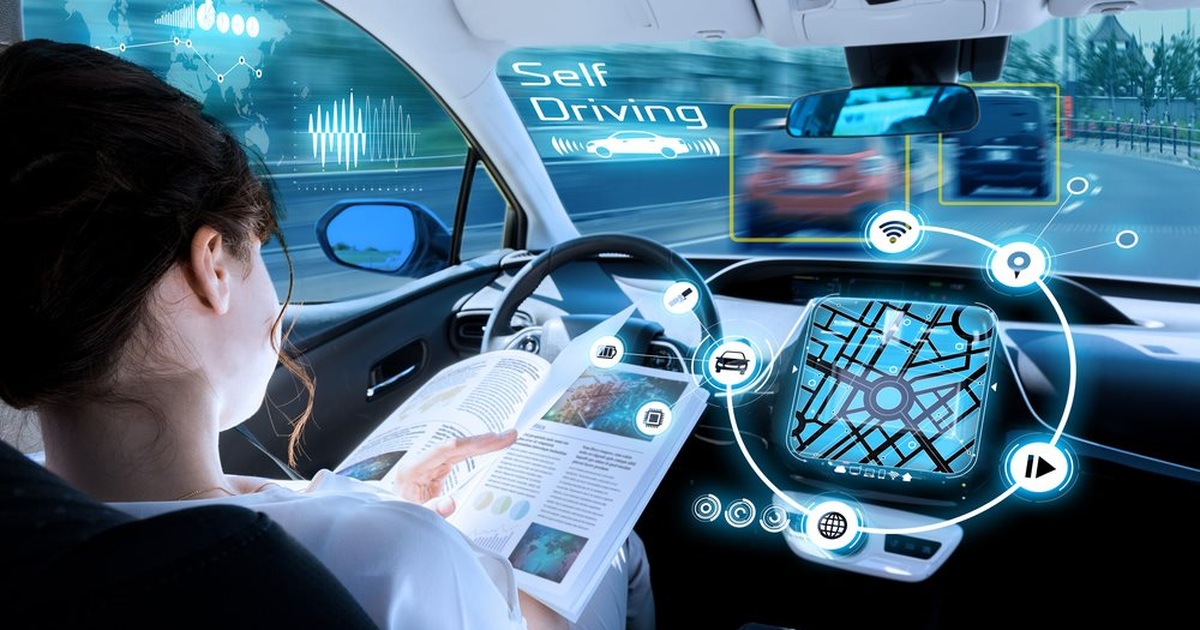
Furthermore, 85% consider smartphone-vehicle connectivity essential, highlighting the growing popularity and expectations for supportive features. However, despite this openness, consumers remain cautious about future technologies that directly intervene in driving functions.
The survey reveals that nearly half of regional consumers, including 68% in Vietnam, are concerned about fully autonomous taxi services operating in their areas. Similarly, 61% expressed anxiety about commercial autonomous vehicles on highways.
These figures highlight a significant gap between consumer interest and trust in autonomous vehicles. For businesses and regulators, this is a critical signal to address consumer concerns and communicate effectively to build trust and acceptance.
Cambodia Scam Camp Survivor’s Shocking Warning: “Don’t Go There!”
“Every move is part of a meticulously orchestrated script, crafted by a team waiting to see who takes the bait…”
Surprising Factor Revealing Why Silver Prices Keep Hitting Record Highs
Amidst the surge in gold prices and a spike in investment demand, silver prices have skyrocketed, fueled not only by investor enthusiasm but also by unprecedented industrial demand.









